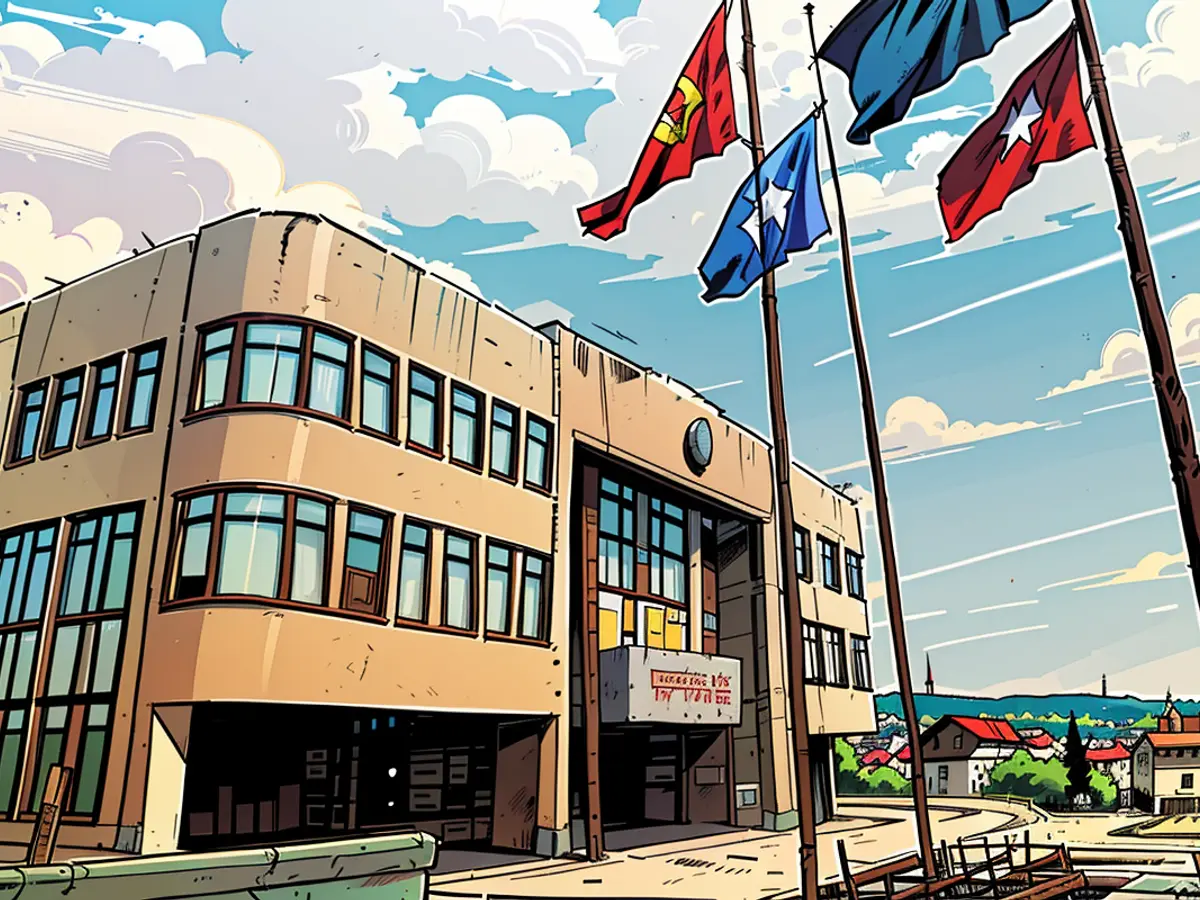Call for a Presidential Veto Over Altered Public Broadcasting Arrangements in Slovakia
In Slovakia, freedom of the press advocates have called on the President to veto a fresh law that transforms the public-law broadcasting corporation RTVS into a new entity named STVR. As stated by the head of the EU Balkans desk at Reporters Without Borders, Pavol Szalai, the passing of this law would significantly impact press freedom in Slovakia, dragging it below European standards. Media outlets and the opposition have vocalized their disapproval of the new legislation.
The Slovak Parliament, in a swift action late on a Thursday evening, passed the law, abolishing the existing public broadcasting institute RTVS and establishing a new body called STVR. The head of the new broadcasting body will be elected by a nine-member administrative council, with four individuals appointed by the Culture Minister and the other five appointed by the Parliament.
Reporters Without Borders had previously flagged potential threats to press freedom in Slovakia and urged the administration led by Prime Minister Robert Fico to shield journalists. Fico opted to proceed with the restructuring of the public-law broadcasting, labeling it as a "declaration of war on independent media," according to Szalai. There's a risk, he added, that the new public television and radio might air Russian propaganda, given the pro-Kremlin rhetoric of the ruling majority.
Culture Minister Martina Simkovicova defended the law in Parliament, asserting that it "enhances conditions" for journalists working in public broadcasting. "All it requires is objectivity," she stated.
New Slovak President Peter Pellegrini shares allegiances with Fico. Initially, the head of state declined to comment on whether he would sign the law, saying, "I will not cave in to the media's pressure."
Read also:
The advocates in Slovakia urge President Pellegrini to exercise a Presidential veto against the recent law, as it could potentially convert RTVS into STVR, potentially affecting press freedom negatively. This new law, criticized by media outlets and the opposition, was swiftly passed by the Slovak Parliament, establishing STVR with a nine-member administrative council. The passing of this law has raised concerns within Reporters Without Borders, as they had previously flagged potential threats to press freedom in Slovakia.








